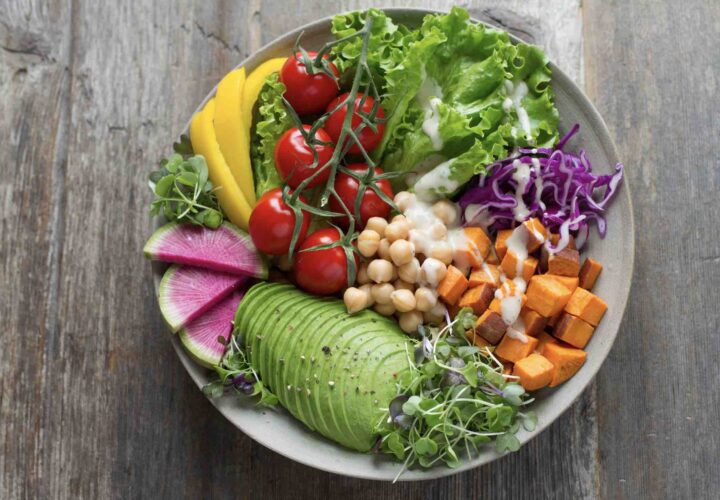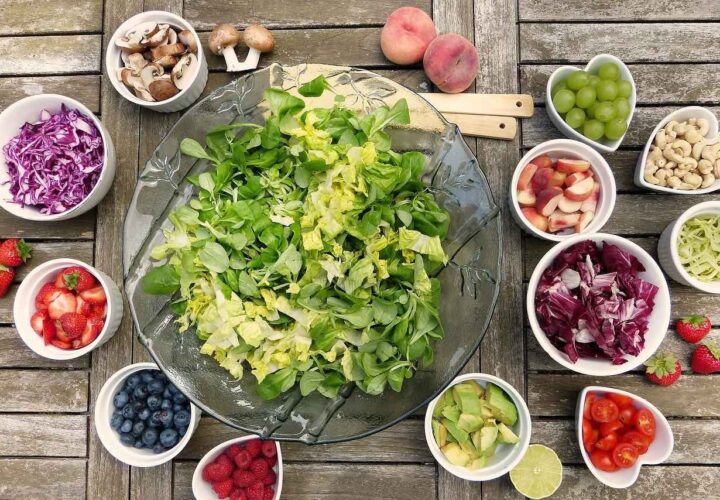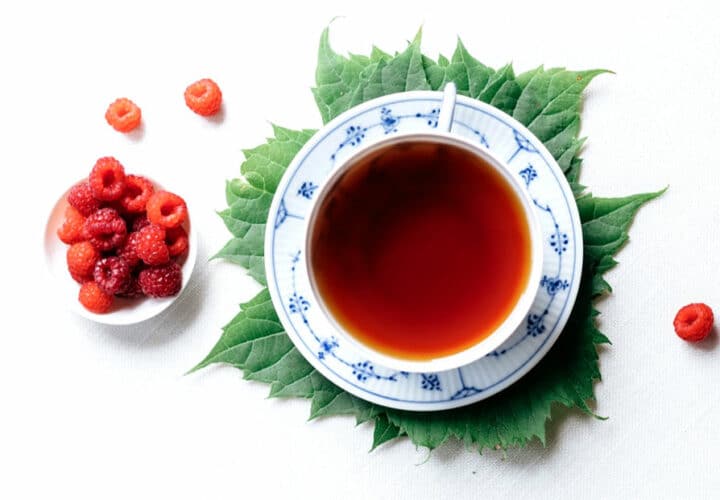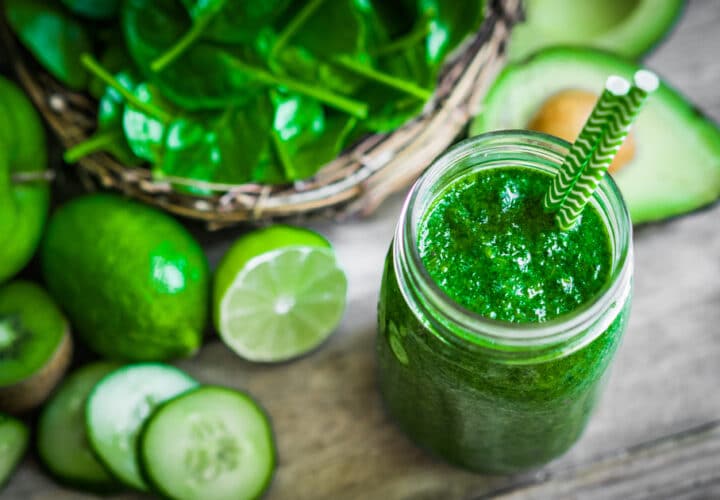Here are six dietary choices that can help support brain health.
It’s been well-established that many heart-healthy foods are also beneficial for brain health. However, it’s not exactly common knowledge that these foods can also improve mood. Many of the foods neurologists recommend for boosting cognitive function are the same foods psychiatrists suggest for fighting depression.
“Mental health and neurological health are both brain health,” explains Dr. Drew Ramsey, psychiatrist and author of Eat to Beat Depression and Anxiety. “Both are at the core of Mediterranean and most traditional diets, anti-inflammatory foods that are nutrient-dense and good for brain health.”
Several different reasons account for the overlap. For example, foods rich in nutrients and omega-3 fatty acids support the hippocampus, which is one of the regions of the brain affected by Alzheimer’s disease. They can also help ease low mood symptoms since the hippocampus can shrink in patients with depression. Those same foods can also suppress inflammation, which many researchers believe is linked to Alzheimer’s disease and is also present in many patients with depression. Finally, some of these foods also increase the body’s production of brain-derived neurotrophic factor (BDNF), which many researchers describe as Miracle-Gro for the brain. It’s a protein that supports the growth of brain cells and helps them make new connections.
With that in mind, below are six foods to add to your diet for a no-regret change that could improve brain function right now and hopefully in the future, too:
1. Fatty fish
Feast on fish to feed your brain omega-3 fatty acids – essential fats that the body can’t produce on its own. Consider aiming for two or more servings per week of, for example, sardines, wild salmon or anchovies to keep that hippocampus healthy and quell any chronic inflammation. Tuna is also a good choice, but beware of the mercury content.
2. Leafy green vegetables
You can’t get much better than green vegetables if you’re looking for foods with a high ratio of nutrients per calorie. They’re packed with brain-healthy nutrients like fiber, vitamin C, vitamin A, and folate. Maybe that’s why the consumption of one serving of leafy green vegetables per day is linked to slow rates of cognitive decline in older adults. And thanks to the bright green hue of their leaves, they’re also full of healthy inflammation-fighting phytonutrients. Ramsey regularly recommends kale to his patients, but arugula and spinach are other excellent choices.
3. Berries
Your brain benefits from all the different flavonoids found in brightly colored fruits and vegetables. But anthocyanins, present in many red and purple foods like blueberries, blackberries, raspberries, and strawberries, are unique for their potent anti-inflammatory properties that soothe the gut and the brain. These chemicals have also been linked to improved memory, mood, and sleep states.
4. Extra virgin olive oil
It’s worth repeating that heart health and brain health go hand-in-hand. That includes this pillar of the Mediterranean diet, which contains a phytonutrient called hydroxytyrosol that protects your blood vessels and keeps your cardiovascular and nervous systems in good condition. And research has shown that regular consumption fights inflammation and helps prevent and manage depressive symptoms. “As a good source of omega-9 monounsaturated fats, it also helps you absorb fat-soluble nutrients like vitamins A and K,” explains Ramsey. “So coat your veggies with this!”
5. Nuts
These sources of plant-based protein and healthy fats are also full of fiber, zinc, iron, and other essential vitamins. Most importantly, they’ll assist in giving your brain an extra boost of BDNF. When working with patients, Ramsey recommends replacing their current daily snack with almonds, walnuts, or, his personal favorite, cashews.
6. Dark chocolate
You can thank epicatechin — a specific flavanol found in chocolate — for boosting both your brain and cardiovascular system. This compound likely works by suppressing inflammation, which also happens to improve mood and memory function.




